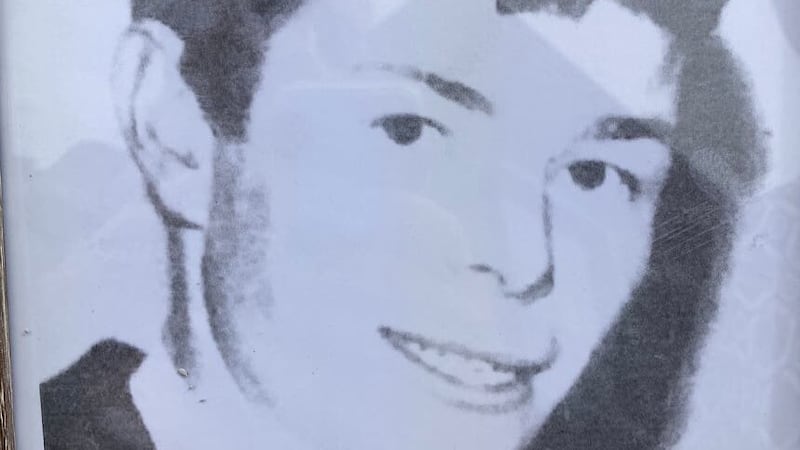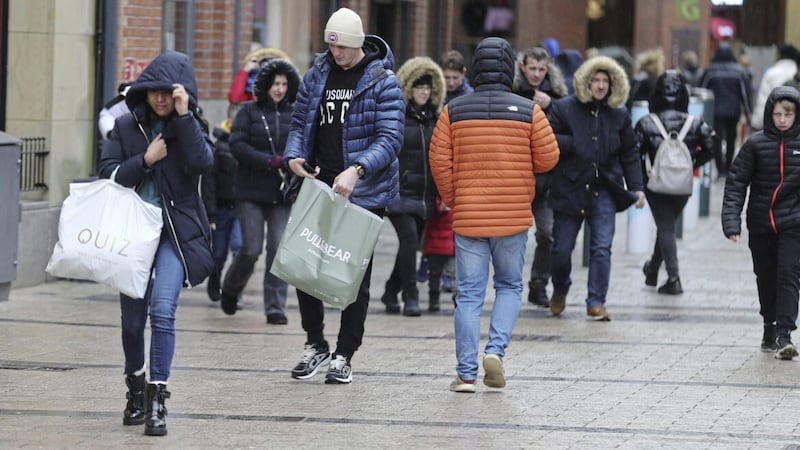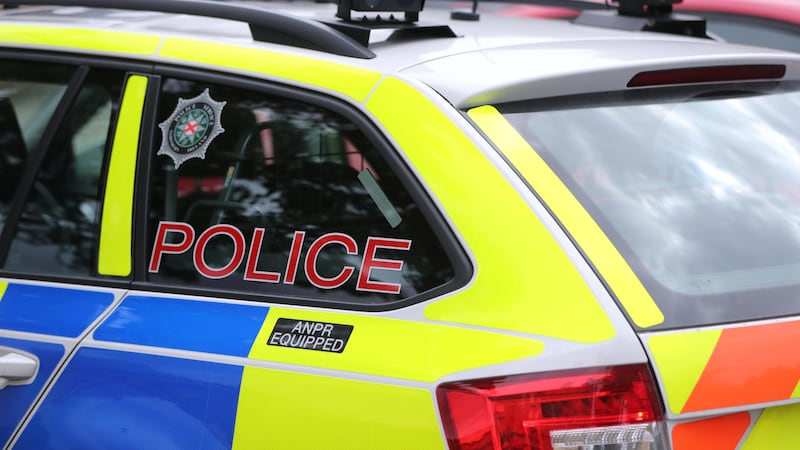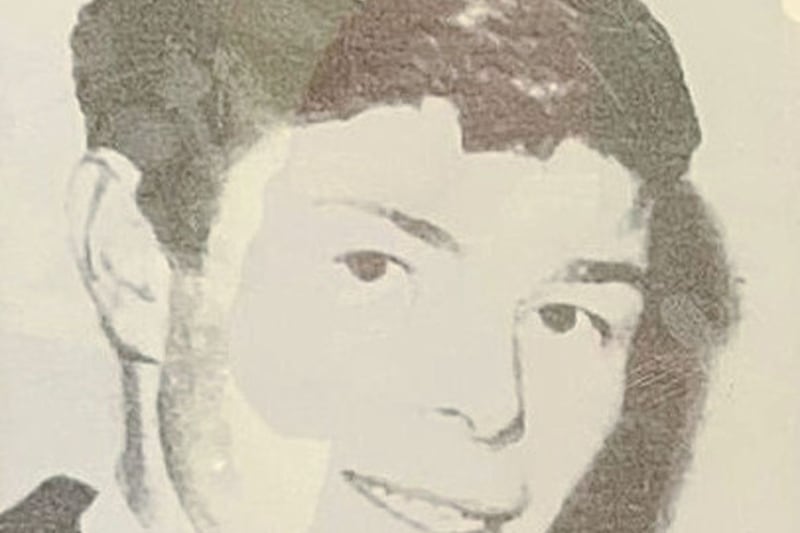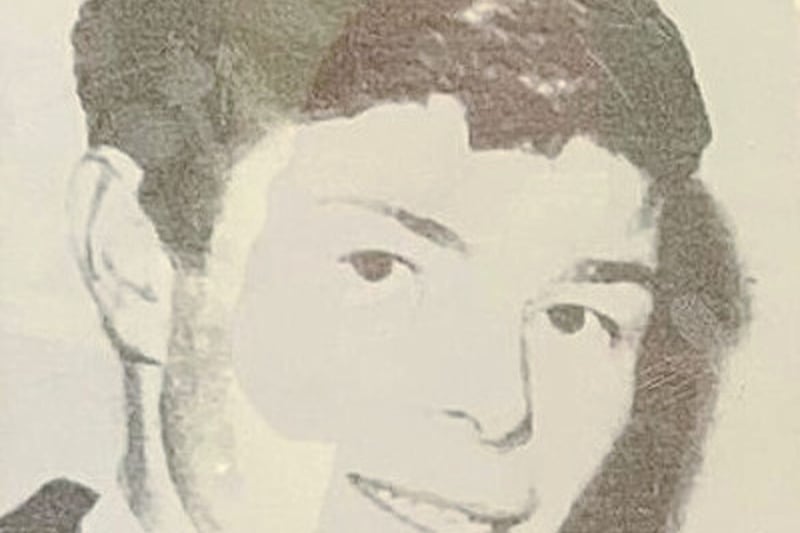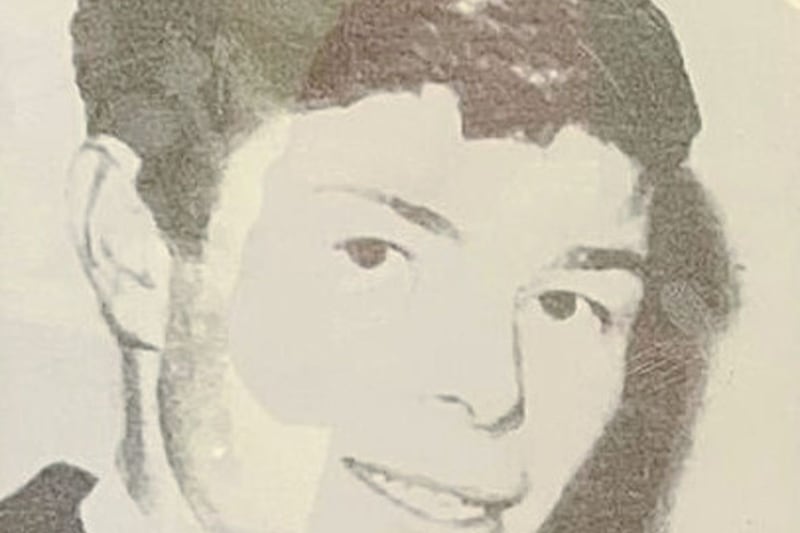The attorney general has directed a fresh inquest into the death of a former British soldier shot dead by troops more than 50 years ago.
Robert Anderson (25) was one of three Catholic men killed during the same incident in Newry in October 1971.
The other two victims were Sean Ruddy (19) and Thomas James McLaughlin (27), who was a father-of-two.
Read More: Family of Catholic man shot dead by British army want military 'to admit guilt'
The three men had all been drinking in the same pub the night they died and while they left the premises at the same time, Mr Anderson's family say they were not together.
Shortly after all three were shot by British soldiers from the Light Infantry who were lying in wait for an IRA bomb team.
It has been reported that an attempt was made to steal cash during a drop-off at a night safe in a street near Newry Cathedral.
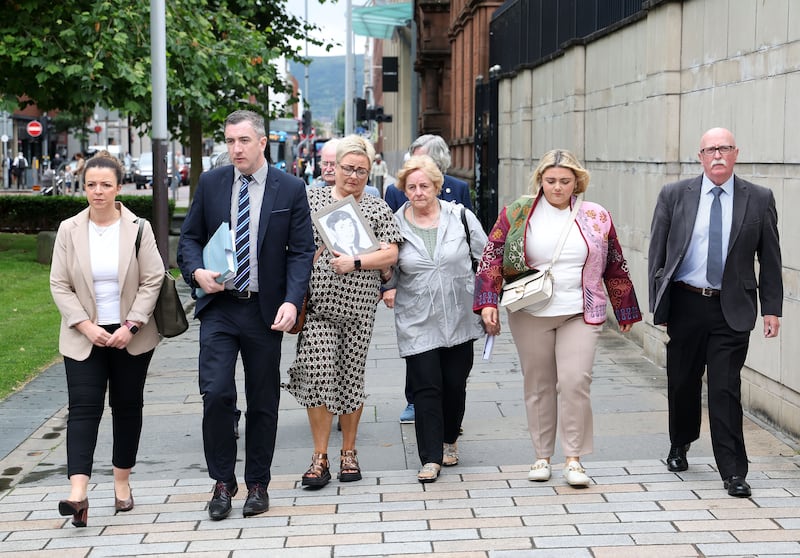
However, a Historical Enquiries Team report into Mr Anderson's death said the evidence does not point to the attempted robbery being "pre-planned".
The circumstances of the shooting are disputed.
Attorney General Brenda King has now decided to order a new inquest.
The decision was taken as the British government's controversial Legacy Bill aims to halt all Troubles inquests that are not at finding or verdict stage by next May.
In a letter from her office to the family's solicitor it was claimed the attorney General has taken into account several factors including "there were clearly deficiencies in the original investigation and inquest".
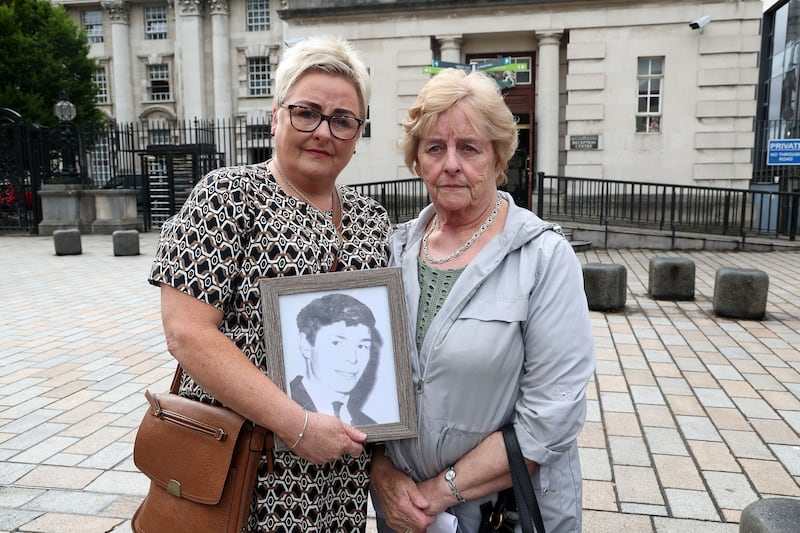
Mr Anderson's niece Michelle Osborne, who attended a press conference on Friday with her mother Bernadyne Casey, a sister of Mr Anderson, said her family was relieved by the decision.
"My uncle Robert was 26 when he died, my daughter is 26 now and she has her whole life in front of her," she said.
"That is something Robert's own family and his mammy didn't get to experience, him getting married or having children - his life was just cut short.
"Thirteen weeks to the very day he died his mammy died, she died of a broken heart after he was shot."
Ms Osborne said that after the killing her mother's "whole family split".
"The boys all left and went to England because it was just a campaign of intimidation and harassment after that.
"They felt their time in Ireland was finished and they needed to go elsewhere."
She said her mother lost contact with most of her brothers for over 30 years.
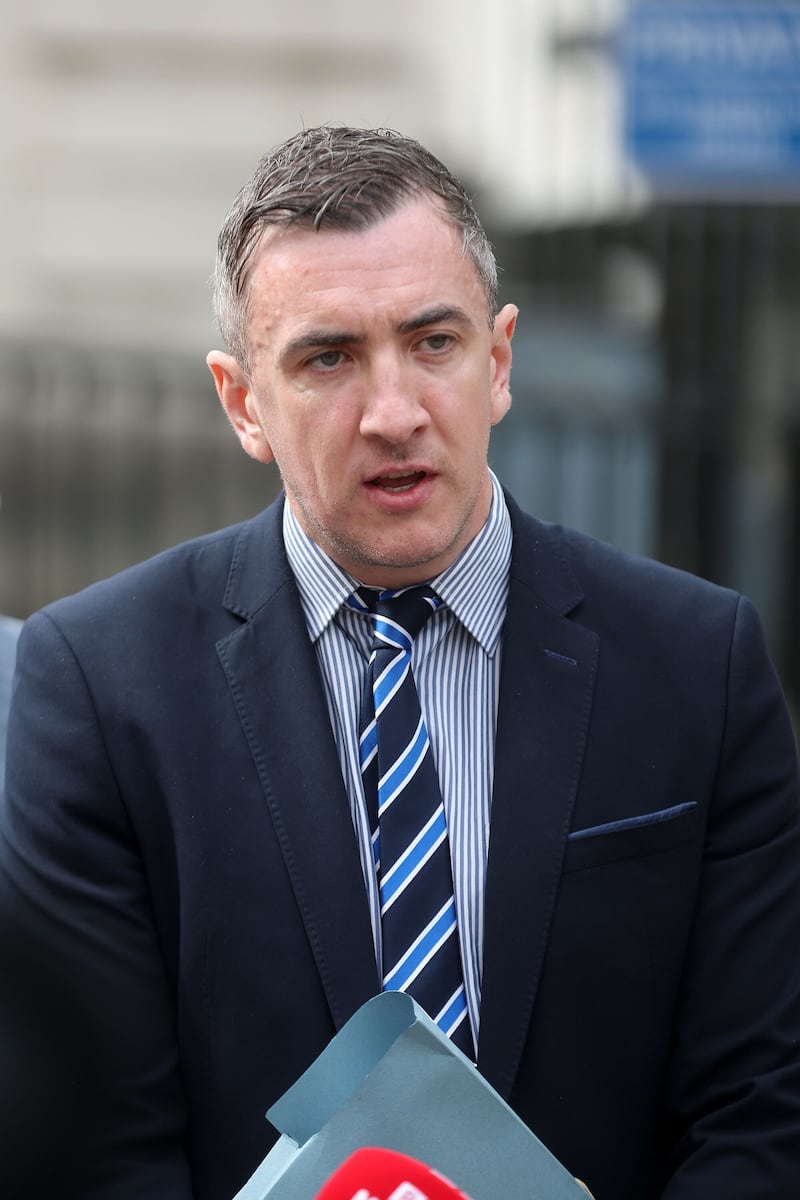
The family's solicitor Gavin Booth, of Phoenix Law, said the decision to grant the inquest "represents a clear message to all that the courts here are capable of dealing with the past".
"This is a seismic development in terms of legacy cases and will serve to reinvigorate families who hold out hope of obtaining some form of Justice through the proper legal channels available to them,” he said.
“To be clear, this inquest and all those that are before the courts should continue.
"These families deserve that right and their inquests should be properly resourced and heard within a timely fashion.”
The Attorney General has also directed a new inquest into the murder of Omagh District councillor Patsy Kelly in 1974.
Research charity Paper Trail has unearthed new evidence in both cases.
Spokesman Ciarán MacAirt said the families of Mr Kelly and Anderson "have inspired victims and survivors of the conflict across these islands who yearn for truth and justice".
Rulings for new inquests in each of these (killings) by British Armed Forces come at a time when the British state is trying to legislate its pernicious Legacy Bill, a Bill of Shame that attacks our basic human rights and denies families equal access to due process of the law," he said.
